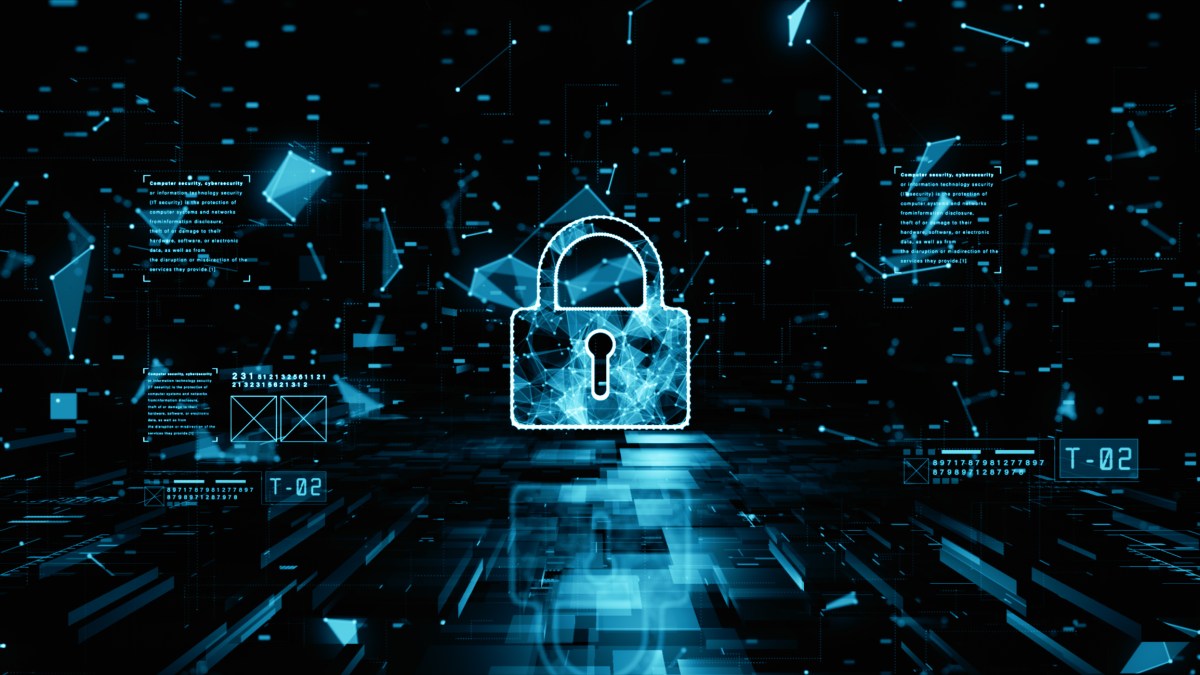White House launches plan to safeguard US infrastructure against quantum computers of the future

The Biden administration announced plans to sign a new policy directive to help jumpstart what will likely be a long and complex process to secure the United States’ information technology infrastructure against in-the-making quantum supercomputers.
Though a fully operational quantum-driven computing machine is yet to exist, a number of nations and major companies are hustling to bring one completely into fruition. Once functioning, such an advanced system is anticipated to break much of the cryptography that currently protects modern digital communication on the internet.
This new national security memorandum (NSM), detailed by the White House on Wednesday, outlines the administration’s initial plan to confront these risks that future quantum technologies pose to America’s economic and public safety — with help from federal agencies, academia and the private sector.
“A quantum computer a decade from now could potentially be used to decrypt data that’s encrypted even today. So as such, there’s a particular need for the national security community to move to post-quantum cryptography,” a senior Biden administration official told FedScoop during a briefing with reporters ahead of the announcement. The official spoke on condition of anonymity.
The Defense Department “has made some of the most significant and first investments in this area, and it’s truly leading the U.S. government as we make this transition to quantum resistant cryptography,” the official added.
Quantum information science (QIS) is a rapidly evolving scientific discipline that combines humans’ best understanding of the subatomic world and quantum mechanics, with information systems theories to ultimately generate what might be revolutionary new tech-centered advancements.
“Much like the earlier technological revolutions brought about by the internet and GPS and even the combustion engine, the effects of QIS are poised to generate entirely new industries, well-paying jobs and economic opportunities for all Americans,” the official said.
While the National Institute of Standards and Technology (NIST) is preparing to publish new quantum-resistant cryptographic standards to help protect against the impending threat, the weighty process will take a great deal of time and involves many notable players. The Biden administration intends to go ahead and get the ball rolling, the official explained.
Released as one of two quantum-focused directives by the National Security Council this week, the NSM sets official requirements for federal agencies to update their cryptographic systems, equipped with a roadmap of milestones for inventorying their IT assets.
According to a fact sheet shared by the White House, the memorandum also “directs NIST to establish a ‘Migration to Post-Quantum Cryptography Project’ at the National Cybersecurity Center of Excellence, as well as an open working group with industry to generate research on, and encourage widespread, equitable adoption of, quantum-resilient cryptographic standards and technologies.”
It also calls on federal agencies to develop comprehensive plans for safeguarding American intellectual property, research and development, and other associated sensitive technology from acquisition by adversaries.
“One of the primary purposes of the NSM is to move the country — the whole country, not just the government but the whole country — as quickly as possible to quantum-resistant cryptography,” another senior administration official said on the call with reporters. “And a stronger secondary goal is to do that equitably, right, because we realize that this will require changes and upgrades across the whole spectrum of companies and federal agencies.”






